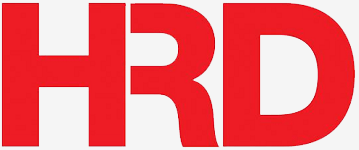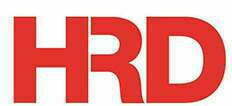In the realm of mechanical engineering and manufacturing, bearings play a pivotal role in ensuring smooth operation and reducing friction between moving parts. Among the leading brands in this sector, FAG Bearings and TIMKEN Bearings stand out for their reliability and performance across various industries. This article aims to provide a comprehensive comparison between FAG Bearings and TIMKEN Bearings, focusing on their application ranges, advantages, and disadvantages.
FAG Bearings
Application Range:
FAG (Fischer Aktien-Gesellschaft), now a part of the Schaeffler Group, is renowned for its extensive range of bearings that cater to diverse industrial needs. These bearings find applications in heavy machinery, automotive, aerospace, wind turbines, and even in the medical equipment industry. FAG bearings are particularly suited for high-load and high-speed operations, making them a preferred choice in demanding environments.
Advantages:
- Precision Engineering: FAG bearings are known for their precise machining and tight tolerances, ensuring efficient performance and longevity.
- Wide Product Portfolio: The company offers a comprehensive product line, including cylindrical, spherical, and tapered roller bearings, meeting a wide array of application requirements.
- Advanced Bearing Materials: FAG utilizes advanced materials and coatings to enhance resistance to wear, corrosion, and high temperatures.
Disadvantages:
- Cost: High-quality materials and advanced technology often translate into a higher price point compared to some competitors.
- Availability: In certain regions or for specialized products, obtaining FAG bearings may require longer lead times due to their specialized nature.
TIMKEN Bearings
Application Range:
TIMKEN, with over a century of expertise, specializes in the design and manufacture of tapered roller bearings initially but has since expanded its offerings to include spherical, cylindrical, and thrust bearings. They are widely used in industries such as automotive, mining, construction, and power generation. TIMKEN bearings excel in applications where heavy loads, severe impacts, and challenging operating conditions are prevalent.
Advantages:
- Durability: TIMKEN bearings are renowned for their durability and ability to withstand extreme loads, contributing to reduced maintenance costs and downtime.
- Innovative Solutions: The company invests heavily in R&D, resulting in continuous improvements and tailored solutions for specific industry challenges.
- Global Presence: With a robust distribution network, TIMKEN ensures wider availability and faster delivery of its products worldwide.
Disadvantages:
- Specialization: While TIMKEN’s focus on tapered roller bearings is a strength, it might limit the variety of options for other types of bearings compared to companies like FAG.
- Compatibility Issues: In some retrofit or upgrade scenarios, TIMKEN’s specialized designs may not directly replace existing bearings without modifications.
Conclusion
Both FAG Bearings and TIMKEN Bearings hold significant positions in the global bearing market, each with its unique strengths and slight drawbacks. The choice between the two largely depends on the specific application requirements, budget constraints, and the importance placed on factors such as precision, durability, or availability. FAG shines with its precision engineering and extensive product range, while TIMKEN excels in durability and innovative solutions for heavy-duty applications. Understanding these nuances can guide decision-makers towards selecting the most suitable bearings for their operational needs.


 SKF Bearing
SKF Bearing NSK Bearing
NSK Bearing FAG Bearing
FAG Bearing TIMKEN Bearing
TIMKEN Bearing INA Bearing
INA Bearing NTN Bearing
NTN Bearing KOYO Bearing
KOYO Bearing NACHI Bearing
NACHI Bearing